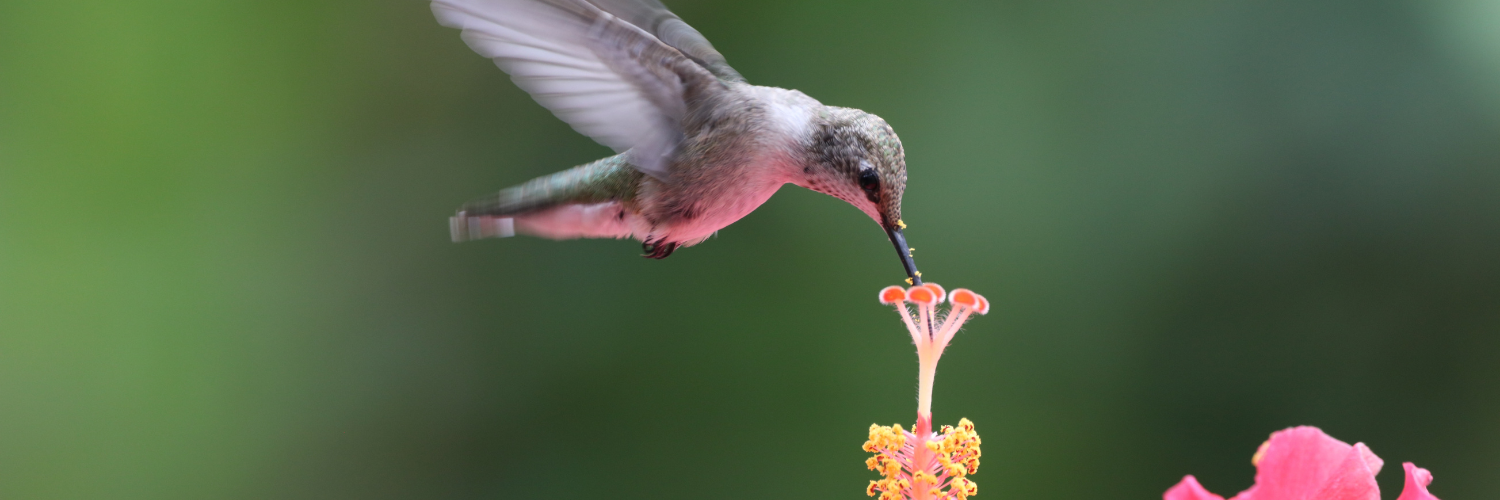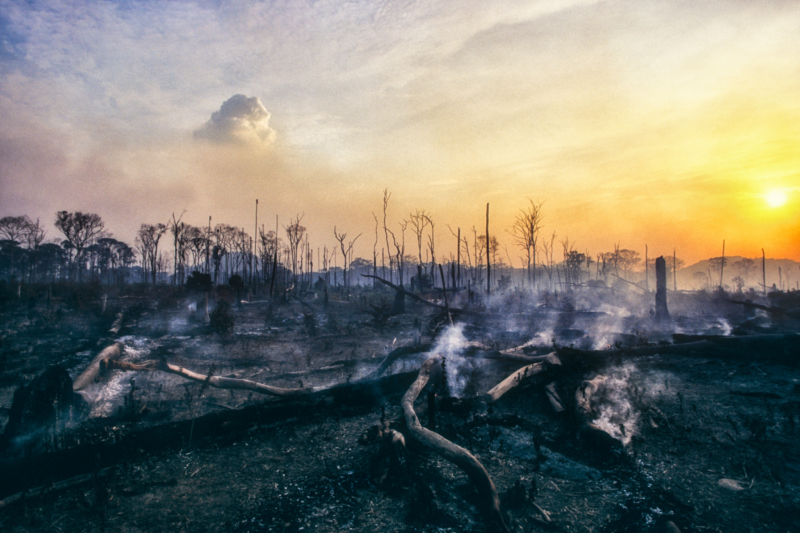

Is there an alternative to the extractive system?
Evolutionary theory is much more complex than a reduction to simple individual competencies. The thing is that Charles Darwin’s theory of the evolution of the species led to the conclusion that the existing social hierarchies within contemporary societies were the result of “natural selection” or “survival of the fittest”. Even so, the selective application of biological concepts in a social and anthropological framework can be harmful to humanity.
At the end of the 19th century, the English naturalist and philosopher Herbert Spencer pushed for the application of the biological concepts of “natural selection” and “survival of the fittest” in the field of social science. Spencer thus invented the concept of “social Darwinism”, which was a deliberate misrepresentation of Darwin’s evolutionary theory.
The concept became very popular in academic circles, for example in the neoclassical or marginalist school of economics, represented by the economists Jevons, Menger, Walras, Pareto and Marshall. This school of economic thought focused mainly on explaining individual behaviour and the exchange of goods and services, abandoning the great classical themes of wealth generation and distribution, which had occupied economic analysis since the mid-17th century.
However, it is not by chance that this concept gained wide acceptance – especially among the European high society – since it appeared just at the time when the old European monarchies were transforming into today’s modern states, adopting capitalism as the only socio-economic system and abandoning mercantilism for good.
Therefore, Western states – including the emerging United States – began to attach great importance to competition between individuals – here also between companies, territories or countries – within the always-defended free market and to justify why there are strong actors who see their wealth and power increase, as opposed to those considered weak actors who see their wealth and power diminish, if they ever had any!
Thus, “social Darwinism” would only mean the ideal expression of dominant material relations. Since then, the concept has become very popular among Western societies and has been widely disseminated in academic and social circles, since it has provided Western societies with a pseudo-scientific justification of their privileged positions worldwide. Moreover, it has allowed them to continue to rationally justify their past colonisation of the Americas, Africa and Asia. It has even allowed them to justify misogyny.

Western states – including the emerging United States – justify why there are strong actors who see their wealth and power increase, as opposed to those considered weak actors who see their wealth and power decrease.
Of course, there are other options!
At the antipodes of Spencer, we find the Russian geographer and zoologist Piotr Kropotkin who, at the end of the 19th century, would provide an opposite view to “social Darwinism”. For Kropotkin, cooperation is the key factor in human evolution, while competition is a parallel issue.
Throughout his book “Mutual Aid: A Factor of Evolution”, Kropotkin unpacks how cooperation and mutual aid are common and essential practices in nature. If we humans renounce solidarity and replace it with greed, social stratification will appear, absolutism will be justified and fascism will be sweetened. The latter state could not be observed by Piotr Kropotkin, but it was magnificently described by George Orwell in his well-known fable “The Revolt of the Animals”.
Thus, only a morality based on freedom, solidarity and justice can overcome our destructive instincts, which are also part of human nature. It will therefore be of vital importance that science be the foundation of ethics, forcing it to shy away from any principle that sacralises power. It will also be important to constantly study social structures, which will enable us to produce the knowledge necessary to meet human needs, the basis for the development of a free society.
Those who think that “freedom is doing whatever you want” are fools! Hegel said that “freedom is consciousness of necessity” and Montesquieu, very beautifully, said that “freedom is being able to do whatever we want, when we want”. Then there are the phonies who say “Freedom is to have no limits”. And where do you find this? Perhaps in geometry, where there is only the point and the straight line or regular curves. No, life is pure exigency with limits. Freedom without responsibility is a fraud,” says the Spanish philosopher Antonio Escohotado in his work “The Enemies of Commerce. A moral history of property”.
Mutual support is therefore the term that describes cooperation, reciprocity and teamwork, which gates or implies a mutual benefit for the people cooperating or involved. There are countless examples of mutualism within the animal and plant kingdom, such as the collaborative work of ants in gathering food for the winter, or the highly effective strategy of plants, which take advantage of the interaction with insects and birds to pollinate. More than 170,000 species end up contributing to 35% of global food crop production.
Certainly, nature is full of examples and Kropotkin provides plenty of arguments to show that humans are interdependent. Indeed, this is the key to our success as a species in human evolution, to the extent that early human societies practised this strategy when it was a matter of survival.
The idea of the socially independent individual is a myth that has been widely promoted by Western states – especially in the Anglo-Saxon world – and by large multinational corporations, which have projected countless triumphant models of self-made men and women. The clear visualisation of their triumphs has allowed the system to model us on Spencer’s concept. Somehow, it has managed to turn us into atomised and easily controllable consumers, given that from the time we are small we are educated to become individual, self-sufficient, independent, property-owning, smartphone-carrying people who, although they make it easier for us to connect, paradoxically lead us into isolation. Without knowing it, social Darwinism is embedded in our brains.

The idea of the socially independent individual is a myth that has been widely promoted by Western states – especially in the Anglo-Saxon world – and by large multinational corporations, which have projected countless triumphant models of self-made men and women.
New ways for old strategies
Voltaire famously said that “civilisation does not abolish barbarism, but perfects it”. Strange as it may seem, the phrase is still relevant today. Slavery has always existed and will always exist, it is just that the contemporary world has softened the methods. What are the two things a human being would defend with his life? His children and a place to stay.
And nowadays, what are the two mechanisms that subjugate us to the system? Well, raising a family and acquiring a home. The skill of the system lies in the fact that it has been able to create profitable businesses around these two principles. This is why the desire for private property and the formation of the ideal family as a consumer entity has been fostered, while at the same time, wages are frozen, house prices rise and the cost of living has increased. This has resulted in a population of dependents and convinced people for a large part of their lives. These are the ones who will go into debt and submit to precarious work or an unjust law to maintain these standards imposed by the system. That is why it is up to us to declare ¡enough is enough!
Mutuality in Catalonia
In Catalonia, there are countless examples of mutualism, which can be traced back to the guilds and brotherhoods of the Middle Ages. Since the end of the 19th century, mutual societies, cooperatives and associations have been one of the distinctive features of Catalan society – just look at the amount of money raised by the TV3 Marathon year after year! The richness of its associative fabric shows a great diversity of entities that form the backbone of our country, ranging from leisure and sports associations, mutual or health insurance companies, social welfare, agricultural cooperatives, cultural or neighbourhood associations to political organisations, savings banks or community banking.
Community banking is based on the principle of mutualism, which is based on the associative tendencies of human beings to satisfy their needs through voluntary and peaceful cooperation, mutual aid and solidarity in a model where producers freely exchange products and services.
From the very beginning, we explained that 11Onze is a fincom. A fintech platform where the community can educate itself financially, get access to diverse content and access a growing range of financial products: from the El Canut account you can do your banking, buy gold and cryptos, and soon get access to credit.
Do you want to know what the great secret of the Catalans is?
Leave a Reply
You must be logged in to post a comment.






👍
Gràcies, Manel per llegir-nos i seguir-nos. Seguim a La Plaça!
Gràcies, s’agraeix una lliçó de filosofia ara que està tan menystinguda en el sistema d’ensenyament.
Cert Mercè, sempre és interessant reflexionar sobre el nostre entorn per intentar no perdre la perspectiva. Seguim a La Plaça!
Gràcies
Gràcies, Joan per llegir-nos i seguir-nos. Seguim a La Plaça!